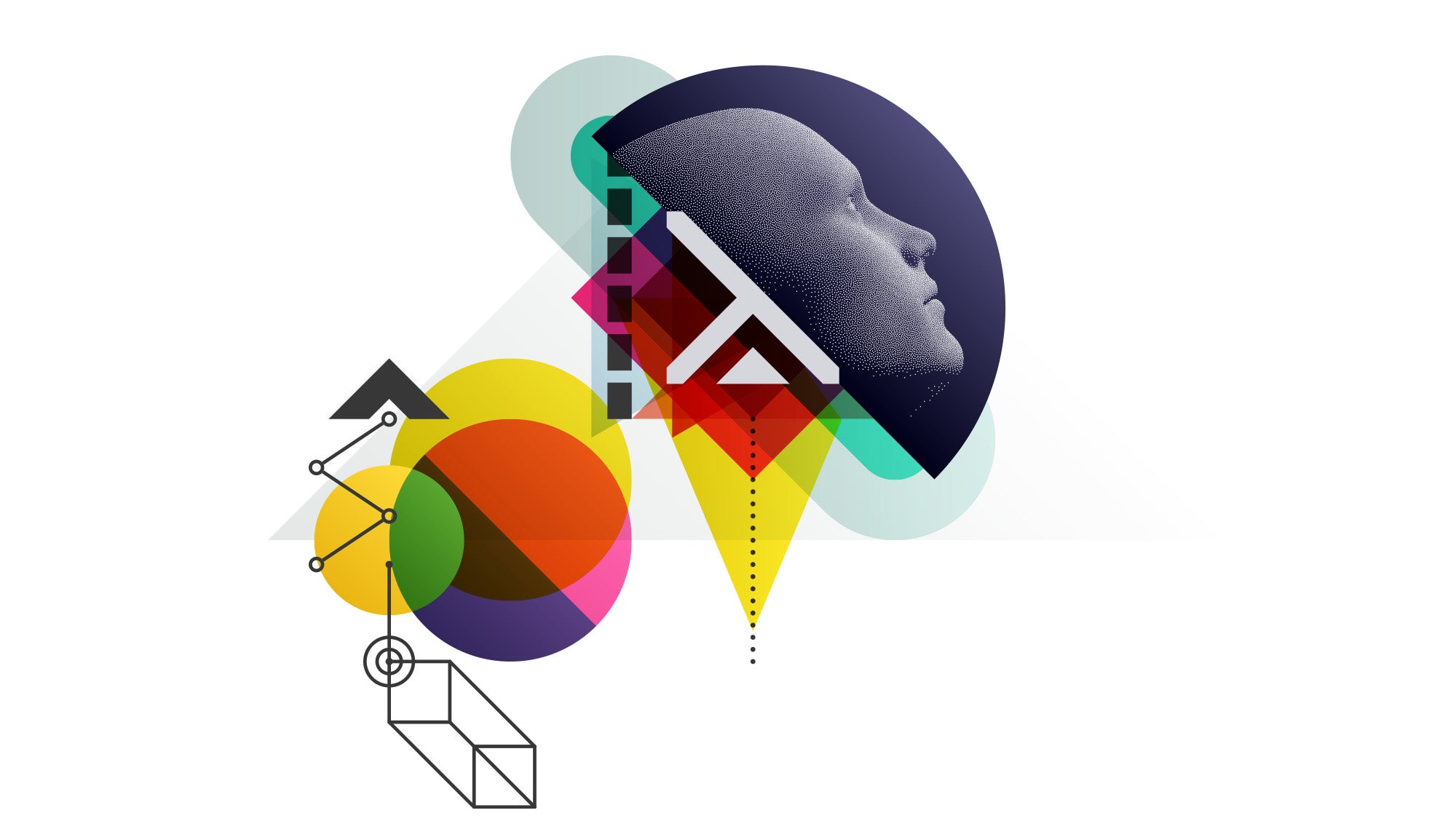GENERATIVE AI: Will it Change the World as We Know It?
Generative AI has taken the world by storm, with its debut in November 2022 leaving people in awe. Some believe it will lead humanity to new heights, while others fear it will worsen inequalities and have a detrimental impact on society. Recently, scholars gathered for a Dornsife Dialogue to delve into the potential impact of generative AI and the need for regulation.
So, what exactly is generative AI and why is it such a game-changer? Unlike conventional software that relies on step-by-step instructions, generative AI can create complex content with just a simple human prompt. Moreover, it has the ability to learn and improve over time.
Generative AI platforms like ChatGPT have gained immense popularity, and for the first time, this technology has made its way into home computers. The capabilities of generative AI have sparked intense philosophical debates about its implications for society.
One of the main concerns is how AI should be regulated. The panelists at the event recommended specific and targeted regulation, as the impact of AI extends beyond just creative industries. Both government and private industry should play a role in regulation, with self-regulating bodies and corporate trust and safety departments taking responsibility. International agreements are also necessary, particularly to ban AI involvement in nuclear warfare decision-making or other military applications that could go wrong.
Furthermore, intellectual property concerns need to be addressed. The Supreme Court has not allowed copyright on AI-generated art, limiting its profitability for creators. Additionally, there is a need to consider the use of copyrighted books to train AI without the permission of authors.
When it comes to employment, AI is most effective at tasks currently done by white-collar workers. This may result in a decline in office jobs while manual labor and skilled trades like plumbing remain relatively unaffected. However, one potential job opportunity that AI could create is authenticating work done by humans.
However, hidden behind the scenes of AI are underpaid workers in unsafe conditions. The servers hosting AI rely on rare earth materials from dangerous mines, and the processing and labeling of data is often carried out by poorly paid workers. Without meaningful ownership of these systems, experts warn that we will always be at the mercy of those who control and manipulate them.
As generative AI continues to advance, its impact on society and the workplace will become more apparent. The question remains: How should we regulate and navigate this new era of AI? What do you think about the potential implications of generative AI? Share your thoughts in the comments below!
CALL TO ACTION: Comment below and let us know your thoughts on generative AI. Do you think it will revolutionize society or lead to more inequalities? We want to hear from you!
IntelliPrompt curated this article: Read the full story at the original source by clicking here a fun game: sprunki horror

